Donald Trump is expected to lay out plans to “clean up” Washington DC’s crime in a press conference on Monday morning, a boast that ignores a precipitous drop in the US capital’s violence over the last 18 months.
After the former General Services Administration staffer Edward Coristine – a 19-year-old on the so-called department of government efficiency team nicknamed “Big Balls” – appeared to have been attacked by a group of young people last week near his car, Trump began discussing a return to federal control of the city and the use of national guard to quell street crime.
The press conference will “essentially, stop violent crime in Washington, D.C.”, Trump wrote on Truth Social. “It has become one of the most dangerous cities anywhere in the World. It will soon be one of the safest!!!”
Violent crime in Washington DC has fallen sharply since 2023, shaking off pandemic increases to reach a 30-year low on the day Trump took office, and have fallen 26% further this year according to weekly reports from the Metropolitan police department. The change in crime rates is consistent with dramatic decreases in violence in large cities across the country.
Nonetheless, Trump ordered a range of federal law enforcement agencies to deploy on to DC streets over the weekend in a surge. About 450 officers from the United States Capitol police, the Federal Protective Service, the Bureau of Alcohol, Tobacco, Firearms and Explosives and other agencies were present into the city’s quadrants over the weekend.
Again taking to social media on Sunday, Trump demanded that homeless residents of the capital flee before him, posting images of encampments ostensibly taken from his motorcade.
“The Homeless have to move out, IMMEDIATELY,” Trump wrote on his Truth Social platform on Sunday morning, shortly after being driven from the White House to his golf club in Virginia. “We will give you places to stay, but FAR from the Capital.”
This message follows an executive order Trump issued on 24 July, demanding an end to federal support for Housing First policies that do not require sobriety or mental health compliance as a precondition for receiving housing, encouraging municipalities to remove public encampments of people experiencing homelessness and urging an increase in federal funding to municipalities that enforce laws prohibiting “urban camping”, “loitering” and “urban squatting”.
Homelessness rates in the nation’s capital have also been falling, with the most recent point-in-time count showing a decrease from 2024.

 German (DE)
German (DE)  English (US)
English (US)  Spanish (ES)
Spanish (ES)  French (FR)
French (FR)  Hindi (IN)
Hindi (IN)  Italian (IT)
Italian (IT)  Russian (RU)
Russian (RU)  3 weeks ago
3 weeks ago

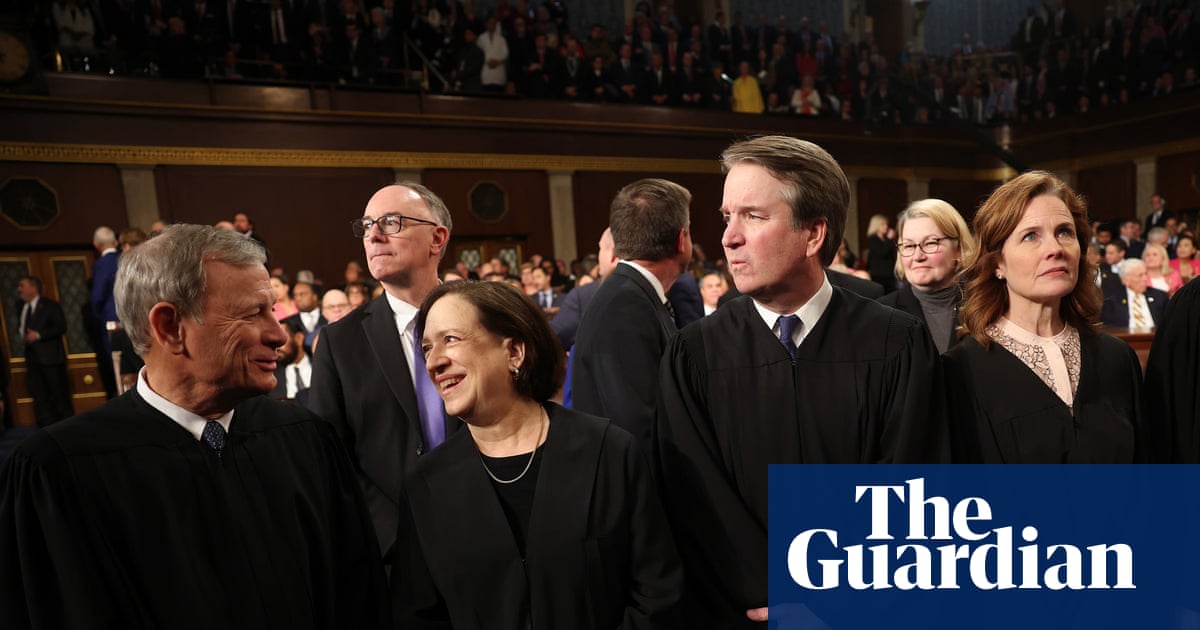




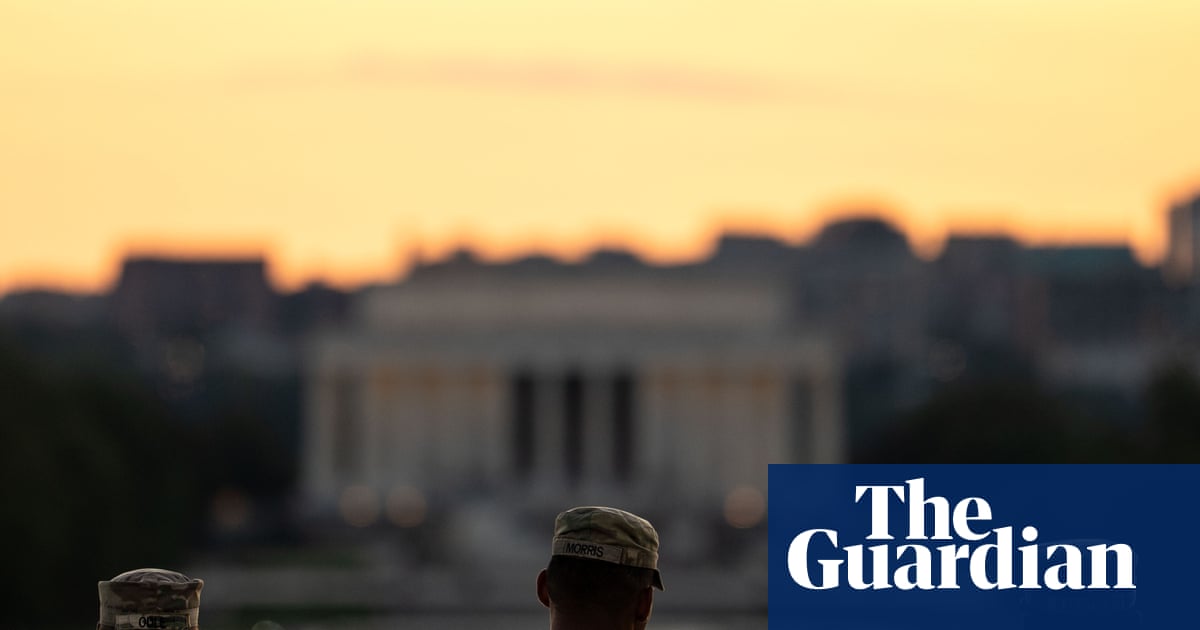



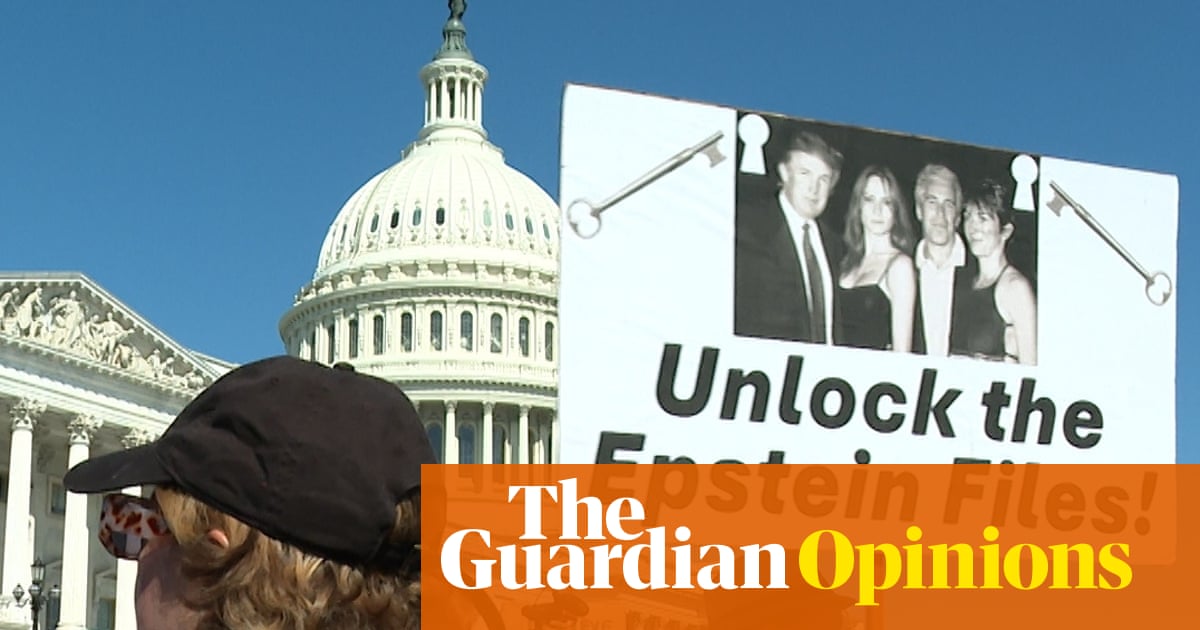
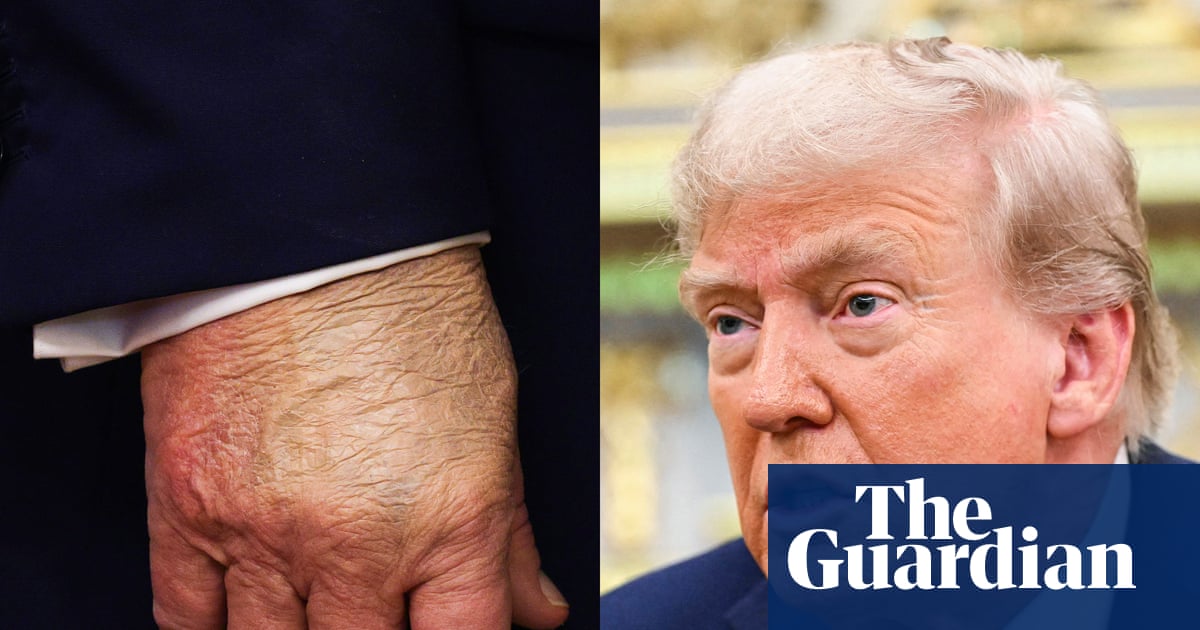




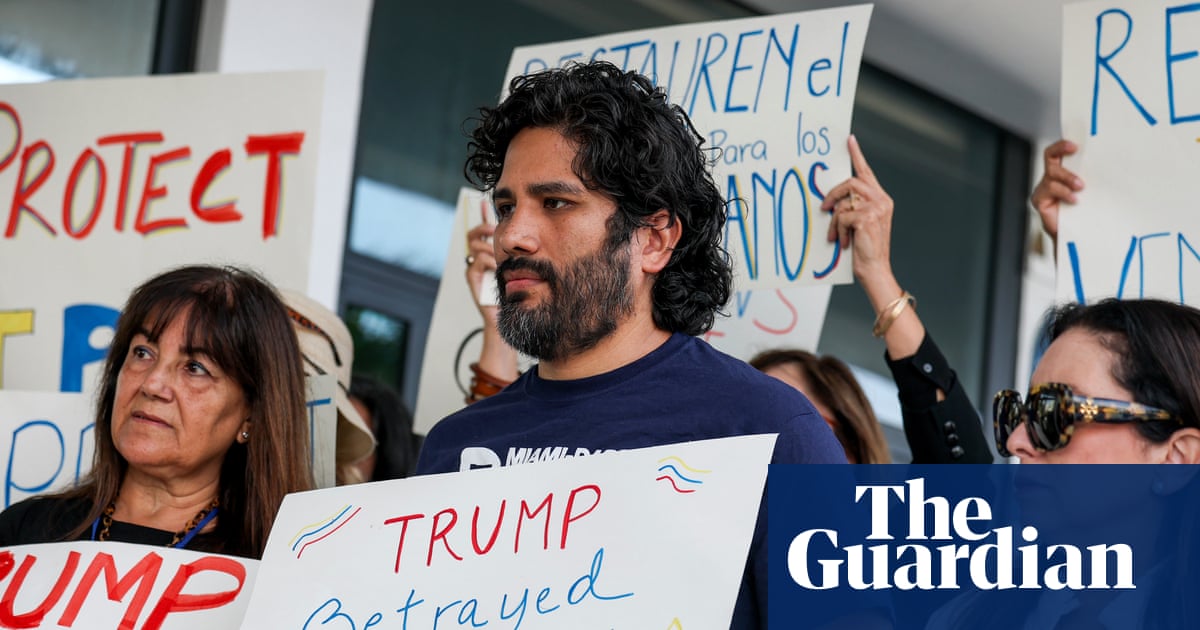

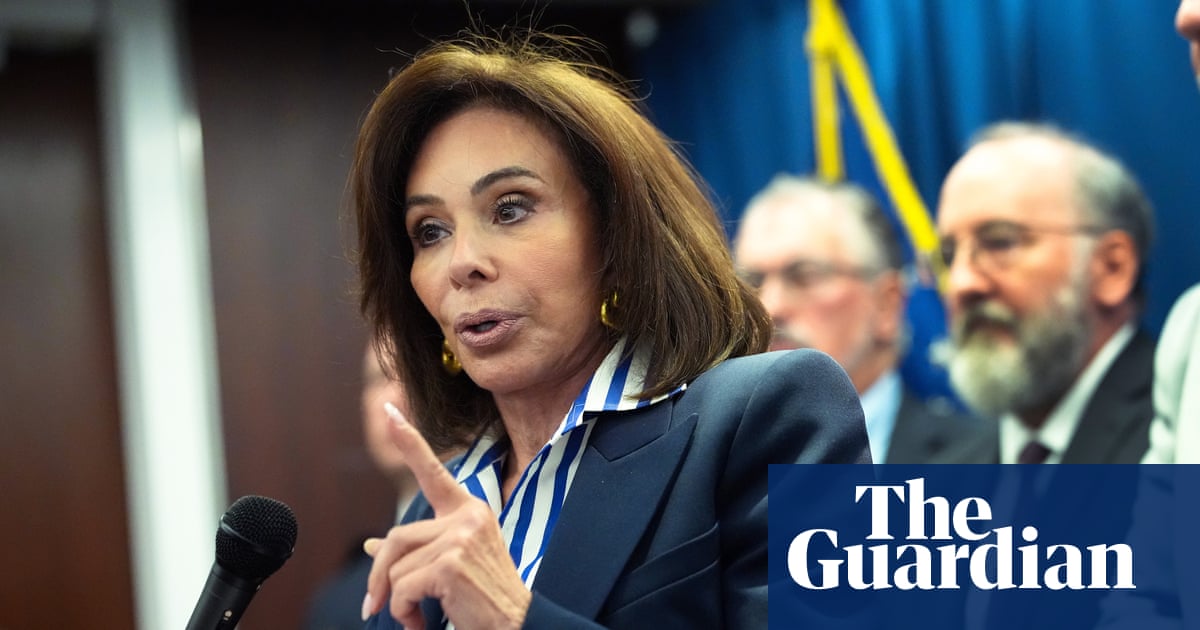
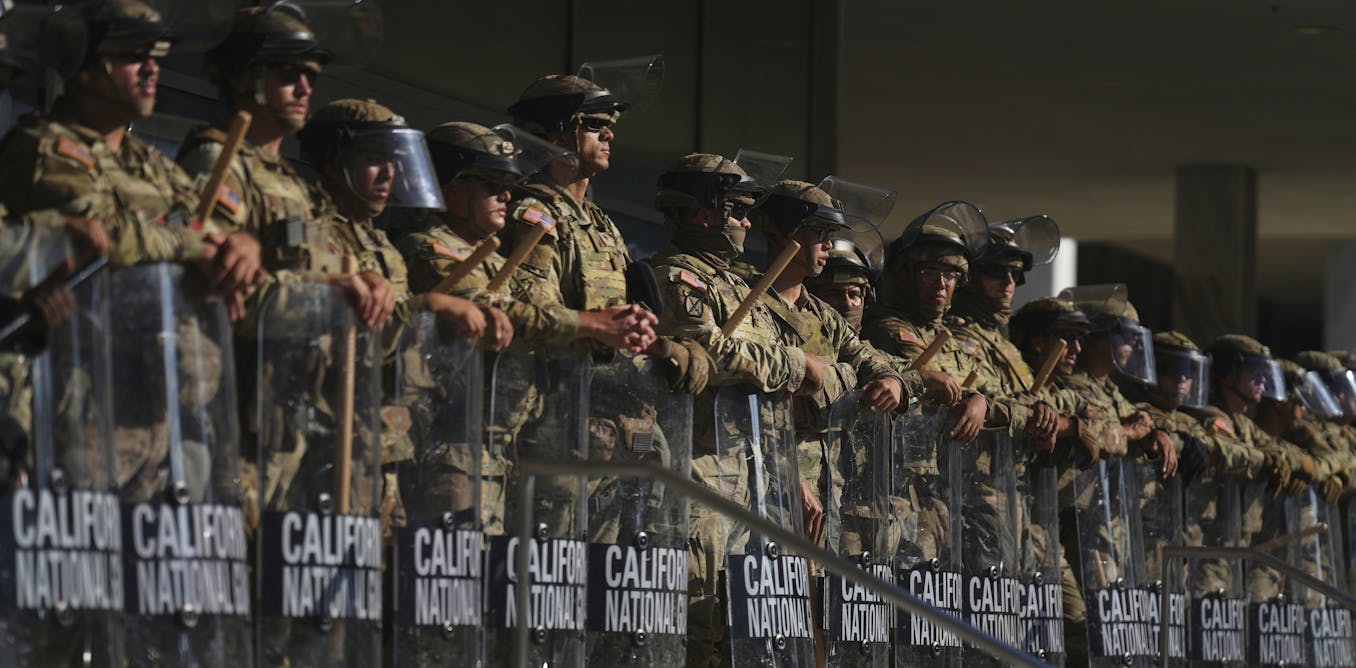




Comments